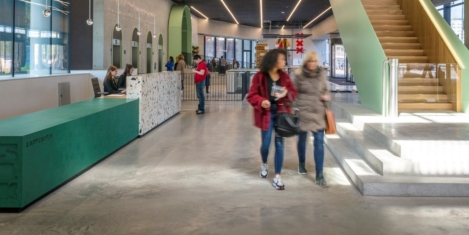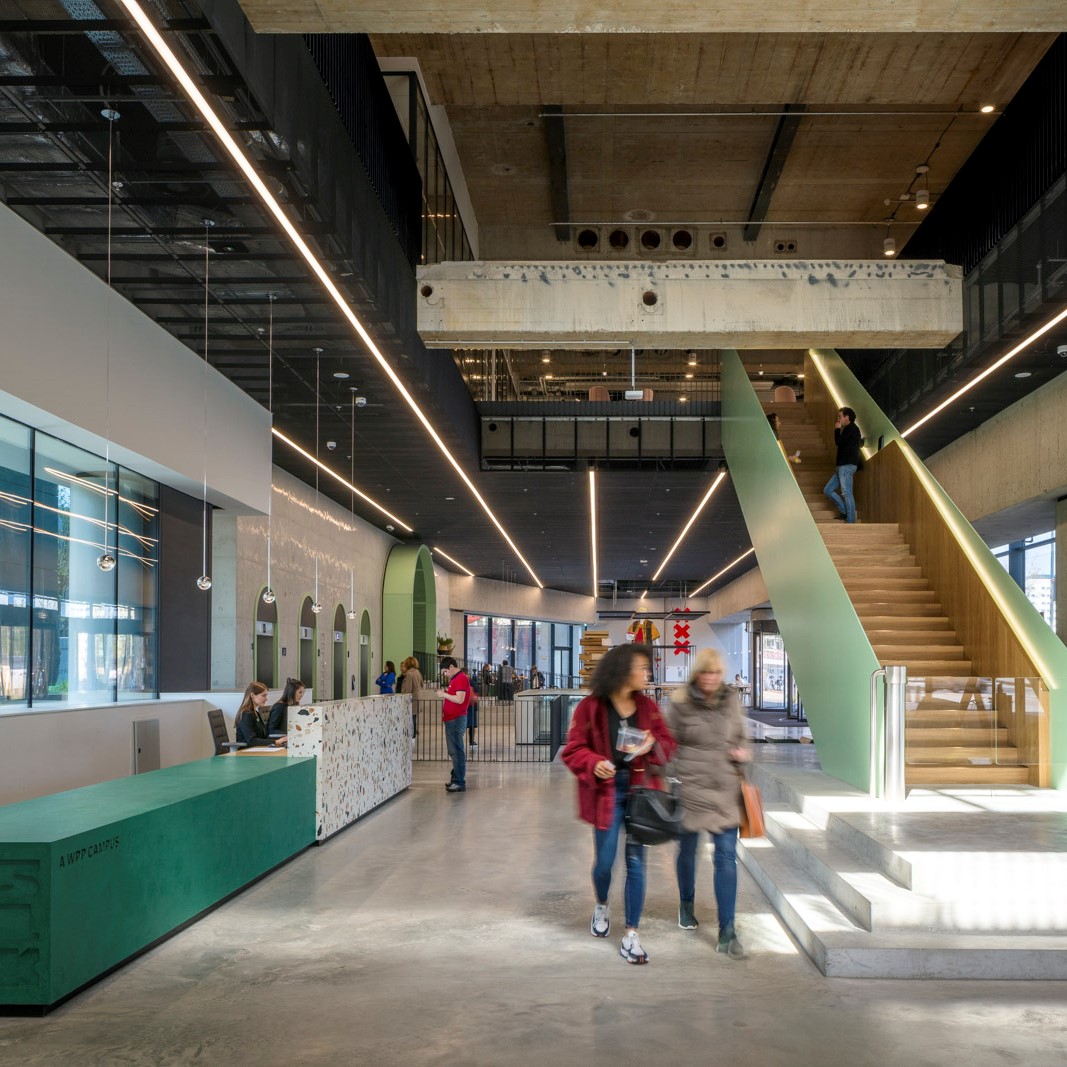To provide the best experiences, we use technologies like cookies to store and/or access device information. Consenting to these technologies will allow us to process data such as browsing behaviour or unique IDs on this site. Not consenting or withdrawing consent, may adversely affect certain features and functions.
The technical storage or access is strictly necessary for the legitimate purpose of enabling the use of a specific service explicitly requested by the subscriber or user, or for the sole purpose of carrying out the transmission of a communication over an electronic communications network.
The technical storage or access is necessary for the legitimate purpose of storing preferences that are not requested by the subscriber or user.
The technical storage or access that is used exclusively for statistical purposes.
The technical storage or access that is used exclusively for anonymous statistical purposes. Without a subpoena, voluntary compliance on the part of your Internet Service Provider, or additional records from a third party, information stored or retrieved for this purpose alone cannot usually be used to identify you.
The technical storage or access is required to create user profiles to send advertising, or to track the user on a website or across several websites for similar marketing purposes.
 Many knowledge workers don’t feel they share common goals with their employer and colleagues, according to a study of 17,000 people by Slack. The State of Work Report summarises the findings, including the effect of this feeling of a lack of ‘alignment’ on organisational and personal performance and the role of technology in aligning people around shared goals. (more…)
Many knowledge workers don’t feel they share common goals with their employer and colleagues, according to a study of 17,000 people by Slack. The State of Work Report summarises the findings, including the effect of this feeling of a lack of ‘alignment’ on organisational and personal performance and the role of technology in aligning people around shared goals. (more…)






















 For decades the trend among workplaces has seen employees moving out of individual offices and into open plan spaces. This has not always been successful, with the open-plan approach
For decades the trend among workplaces has seen employees moving out of individual offices and into open plan spaces. This has not always been successful, with the open-plan approach 
 The use of technology to support communication and collaborative working in an increasingly digital and flexible world is something many of us recognise. However, a global study released today by
The use of technology to support communication and collaborative working in an increasingly digital and flexible world is something many of us recognise. However, a global study released today by 










July 22, 2019
Problems with noise at work? A lot of it is in our heads 0
by Anna King • Comment, Wellbeing, Workplace design
(more…)